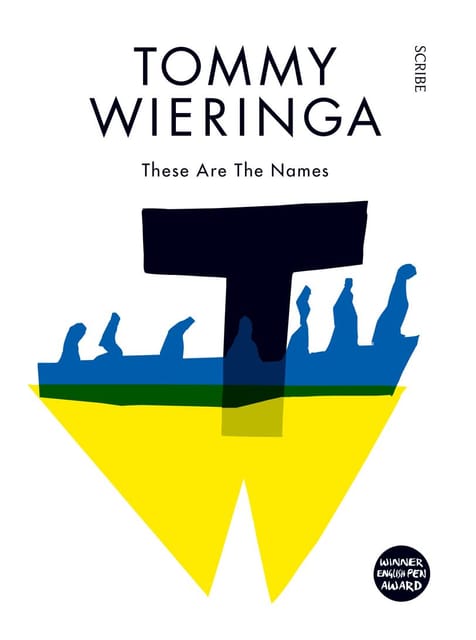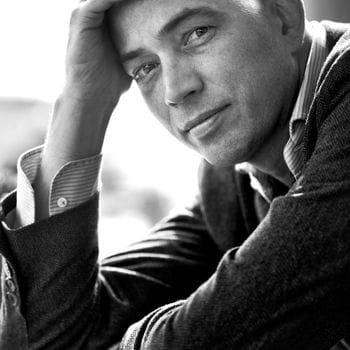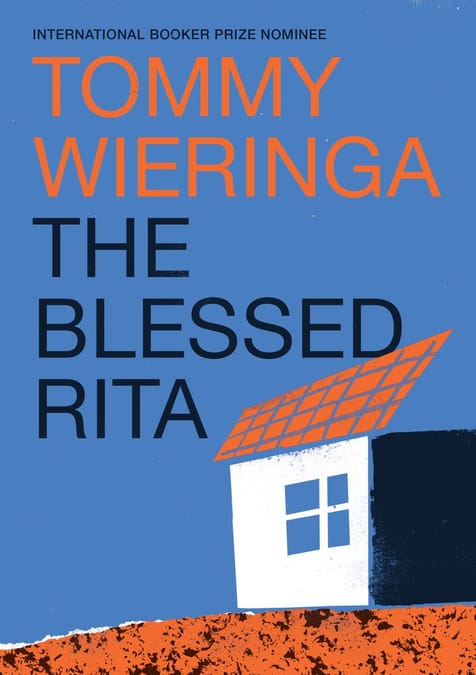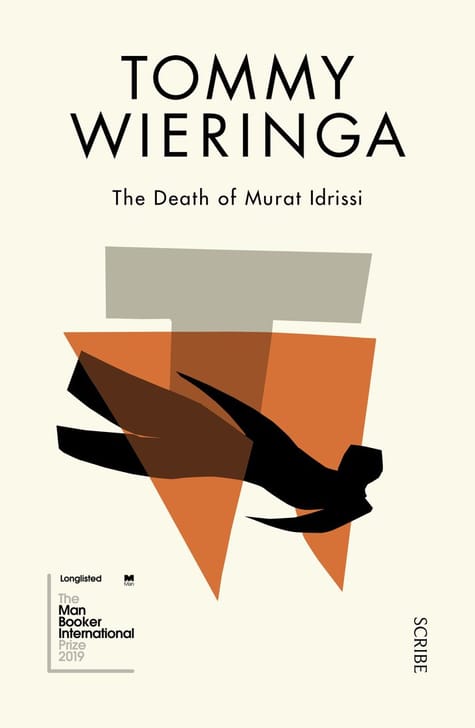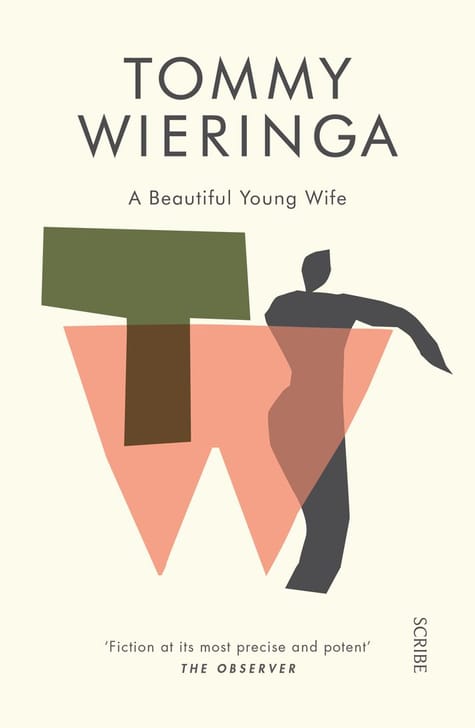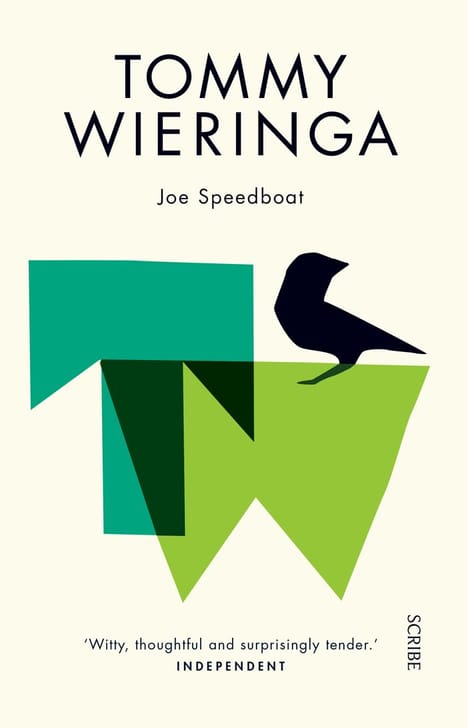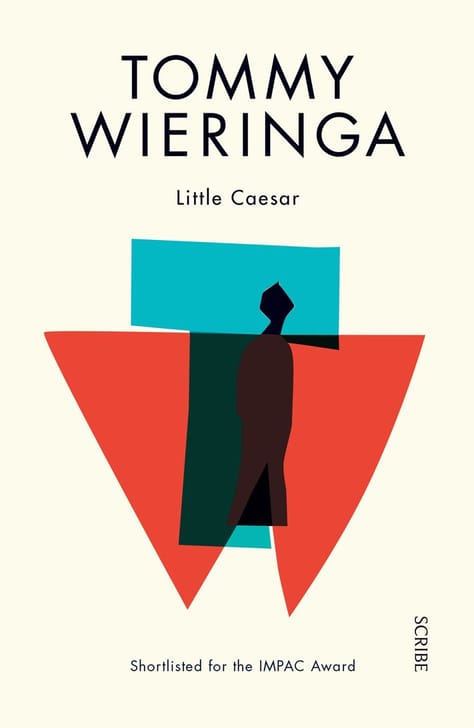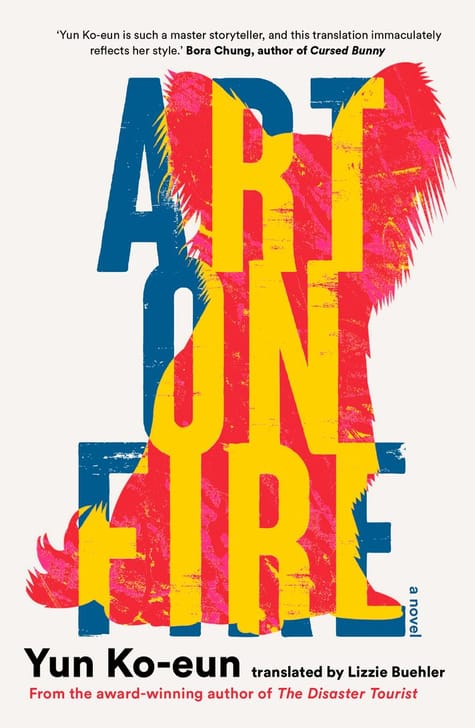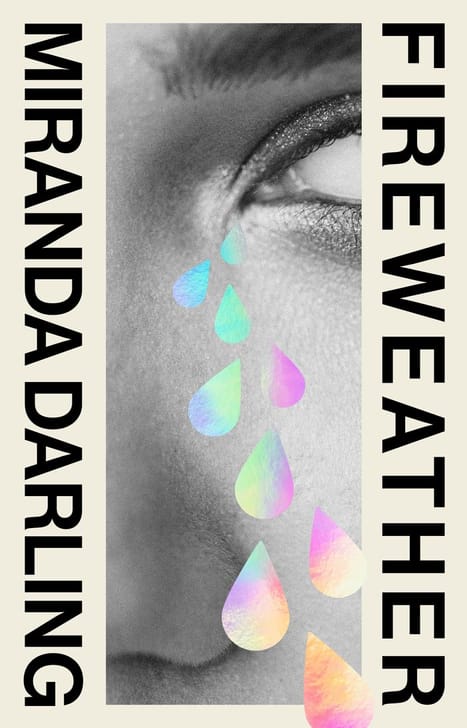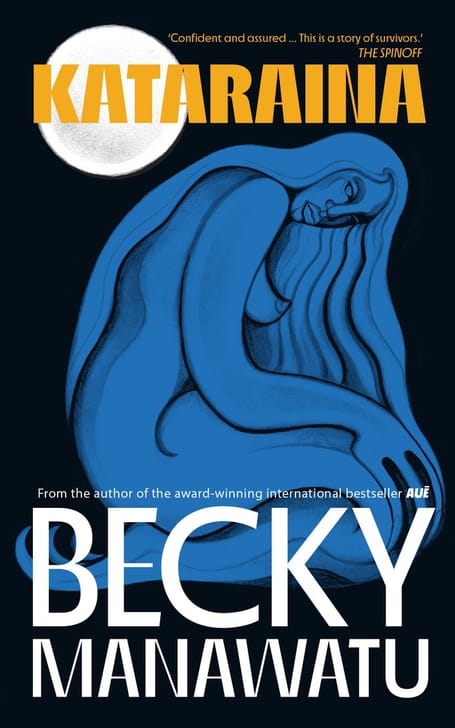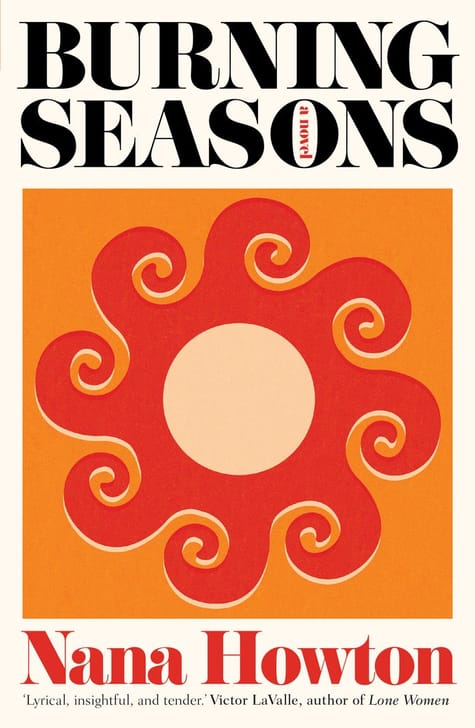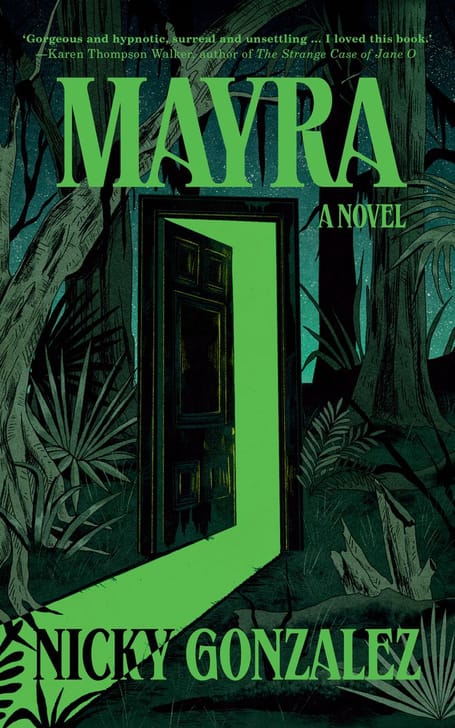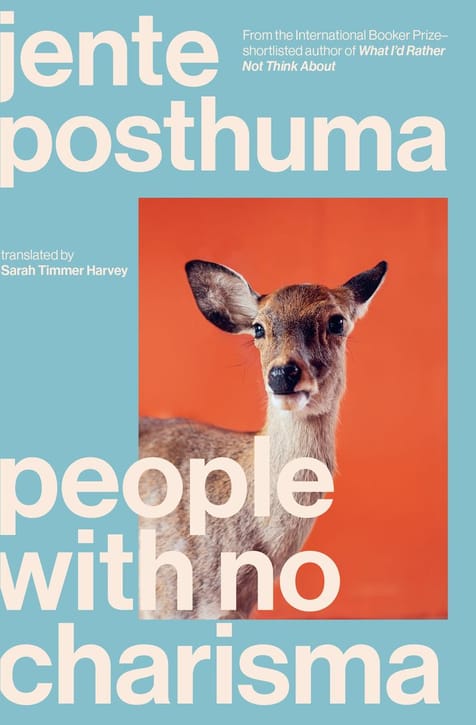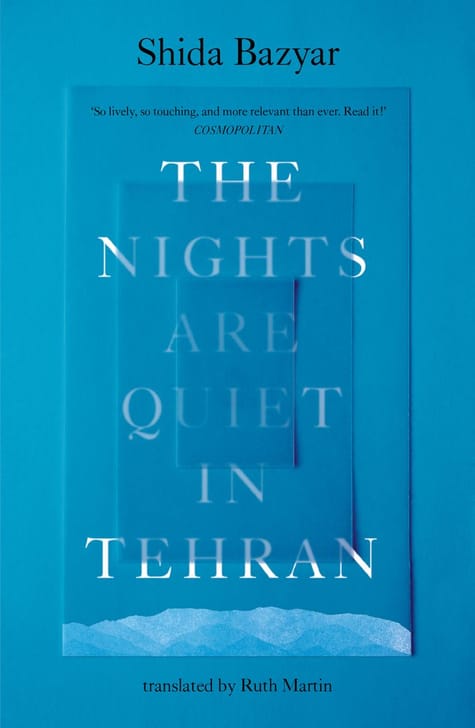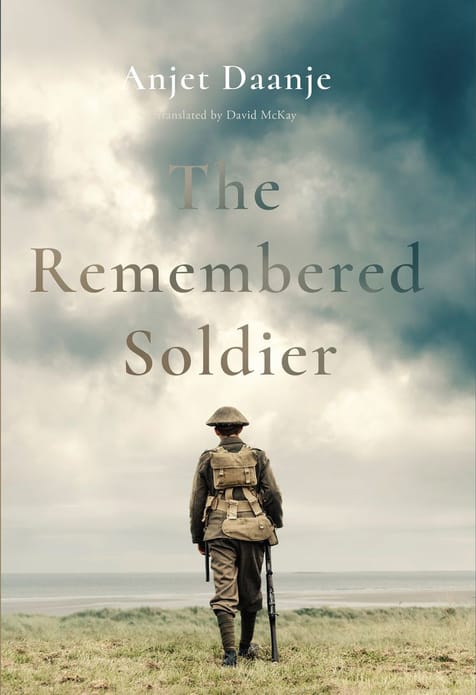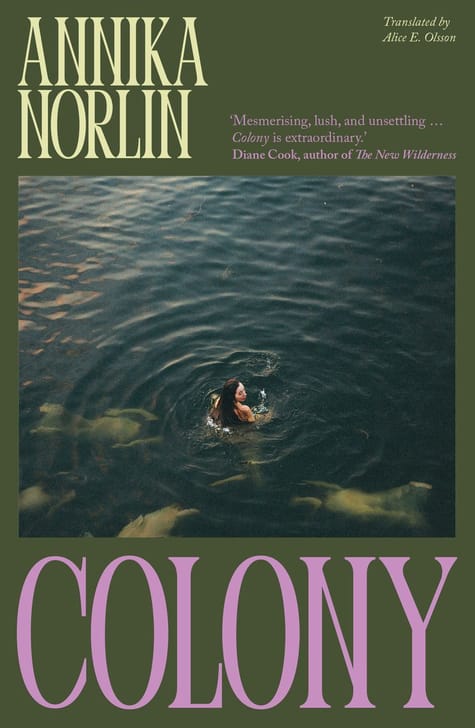These Are the Names
Translated by Sam Garrett
Overview
Details
- Format
- Size
- Extent
- ISBN
- RRP
- Pub date
- Paperback
- 210mm x 148mm
- 320 pages
- 9781922247841
- GBP£14.99
- 12 February 2015
Categories
Awards
- Winner of the 2015 English PEN Award
- Longlisted for the 2015 Gregor von Rezzori Award
- Longlisted for the 2017 International Dublin Literary Award
- Shortlisted for the 2017 Australian Book Design Awards, Series
Praise
'This is an important and profoundly felt book about displacement and migration, but it is also fast-paced, often humorous and full of lyric power. The prose is snappy and contemporary, but Wieringa's themes are timeless ones.'
'Structurally sound and highly intelligent. Wieringa will make you think and keep you reading eagerly to the final page.'
About the Author
Tommy Wieringa was born in 1967 and grew up partly in the Netherlands, and partly in the tropics. He began his writing career with travel stories and journalism, and is the author of several internationally bestselling novels. His fiction has been longlisted for the Booker International Prize, shortlisted for the International IMPAC Dublin Literary Award and the Oxford/Weidenfeld Prize, and has won Holland’s Libris Literature Prize.
Translator
Sam Garrett has translated some fifty novels and works of nonfiction. He has won prizes and appeared on shortlists for some of the world’s most prestigious literary awards, and is the only translator to have twice won the British Society of Authors’ Vondel Prize for Dutch–English translation.
